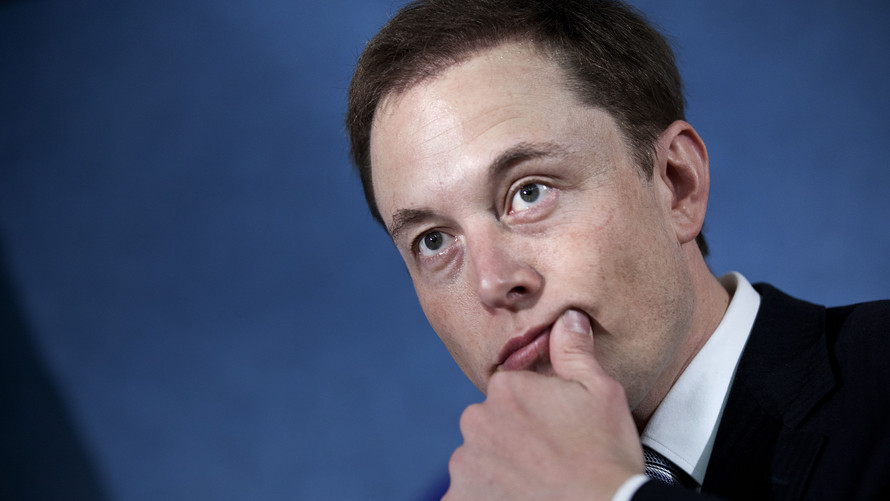Should The SEC Have Forced Elon Musk Out Of Tesla?
Elon Musk has been forced out of his chief executive position at Tesla Inc.
October 20, 2018
The United States Securities Exchange Commission settled a three-month-long suit against Tesla Inc. and Elon Musk last week following Musk’s attempt to take the company private.
According to a joint letter to the U.S. District Court Southern District of New York, the settlement has six terms. The first two terms deal with enjoining Musk and Tesla with violating the Securities Exchange Act of 1934. The third term orders Musk to pay $20 million in civil penalties out of his own pocket. The fourth orders Tesla to pay $20 million in civil penalties. Term five orders Musk to resign as chairman of Tesla’s board of directors for three years.
It also orders that Tesla put into place procedures to provide oversight on Musk’s Tesla-related public statements. Term six states that Tesla must appoint a new chairman and new broad committee members to handle disclosures and other forms of transparency.
How did all this begin? On Aug. 7, Musk tweeted: “Am considering taking Tesla private at $420. Funding secured.” The latter part of the tweet is where Musk’s and Tesla’s problems began.
The Securities Act of 1933 requires that “investors receive financial and other significant information concerning securities being offered for public sale.” Tesla and Musk failed to provide investors this information in the days after the announcement.
Musk’s claim that his funding was secure was also problematic. In an article published by Wired, it is revealed that Musk didn’t have the funding necessary to make Tesla private. Musk’s tweet caused a stock fluctuation for Tesla. At the time of his tweet, stock prices soared, but then returned to their original price.
The settlement is a blow to Tesla and Musk. Should the SEC have pursued this and forced Musk out of his company’s board? Why target Musk?
Musk is a prolific figure not just in the automotive world with Tesla being a pioneer in electric cars, but in the tech world at large. He famously used his company SpaceX to launch his Tesla Roadster into space.
SpaceX also pioneers rocket technology, making great strides in reusable rockets. Musk recently sent water filtration systems and nearly $500,000 to Flint, Michigan, which has been without clean drinking water. All of this publicity and his cavalier attitude makes him a prime target for an enforcement agency to take him down a peg.
Yes, what Musk and Tesla did was against the rules. Yes, their investors should have been notified of the company going private before Musk’s tweet. But stock fluctuations because of cavalier CEOs happen all the time. The SEC cannot possibly get to them all. Therefore, Musk should not have been forced from his position just because an enforcement wanted to flex their muscles.
Needless, exercises of force are what give regulatory agencies a bad reputation, something the SEC can and will afford.






